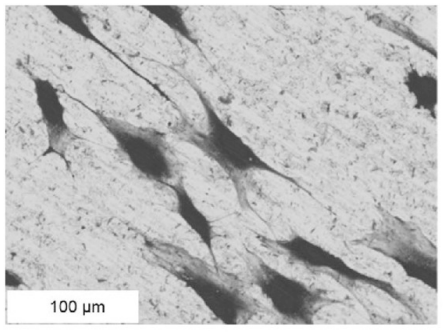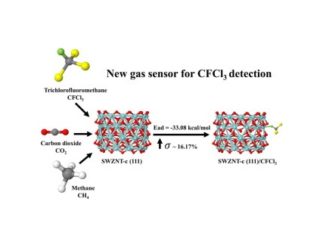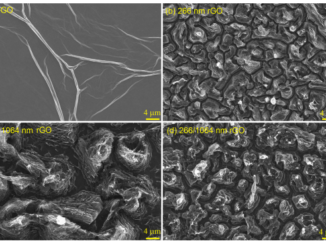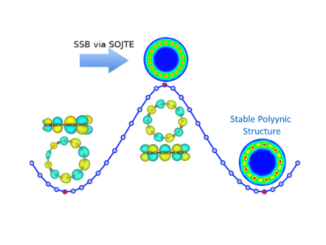
Abstract: This study is part of a new trend in the metallic biomaterials field that searches to use the titanium beta alloys with recognized bulk and surface properties for better biological response. Ti15Mo alloy (wt%) had it surface modified by TiO2 nanotubes growth using the anodic oxidation method and grafted with poly(sodium styrene sulfonate) (PNaSS). The motivation behind the combination of these techniques was to promote a surface, which enables better osteointegration associated with antimicrobial behavior. Surfaces were characterized and subjected to cell culture assays and bacterial colonization to evaluate their in vitro response. The results showed that the surfaces were completely covered with TiO2 nanotubes, which was successfully grafted with PNaSS. Compared with untreated Ti 15Mo surfaces, PNaSS grafted nanotubes surfaces showed better osteoblast cell response in terms of cell attachment and mineralization and weaker bacterial adhesion and colonization. The results suggest that the final product of the combine treatment – nanotube plus PNaSS grafting – represents a promising option to improve commercial metallic implants.
Author(s): Rangel, ALR; Falentin-Daudre, C; Pimentel, BNAD ; Vergani, CE ; Migonney, V; Claro, APRA
SURFACE & COATINGS TECHNOLOGY
Volume: 383 Published: FEB 15 2020
DOI: 10.1016/j.surfcoat.2019.125226




